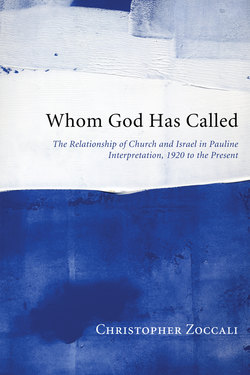Описание книги
The relationship between the church and Israel in Pauline interpretation has long been an area of considerable debate. The traditional view has understood Paul to identify the church with Israel, such that the church is the sole inheritor of Israel's sacred history, privileges, and divine promises. Yet recent developments in Pauline scholarship have called this view into question. The so-called New Perspective and its emphasis upon the decidedly Jewish context of Paul's theologizing, along with an increasing sensitivity to the post-Holocaust context of modern interpreters, have brought about readings that understand Paul to maintain a distinction between God's historical people, Israel, and the newly created multiethnic communities of Christ followers, that is, the church. Nevertheless, there are still scholars who, while embracing the New Perspective, have interpreted Paul as holding that the church is indeed identifiable in some way as Israel. This work explores a spectrum of scholarly views on the subject advanced between 1920 (as per the publication of C. H. Dodd's The Meaning of Paul for Today) and the present. Furthermore, it examines the most relevant Pauline texts upon which these views are founded, in dialogue with various readings of these texts that have been offered. Each view on Paul's understanding of the church vis-a-vis Israel is critically assessed in light of the exegetical findings. Using this approach Zoccali demonstrates that a view holding to both a certain distinction between, as well as an equating of, the church and Israel represents the most plausible interpretation of Paul's understanding.
